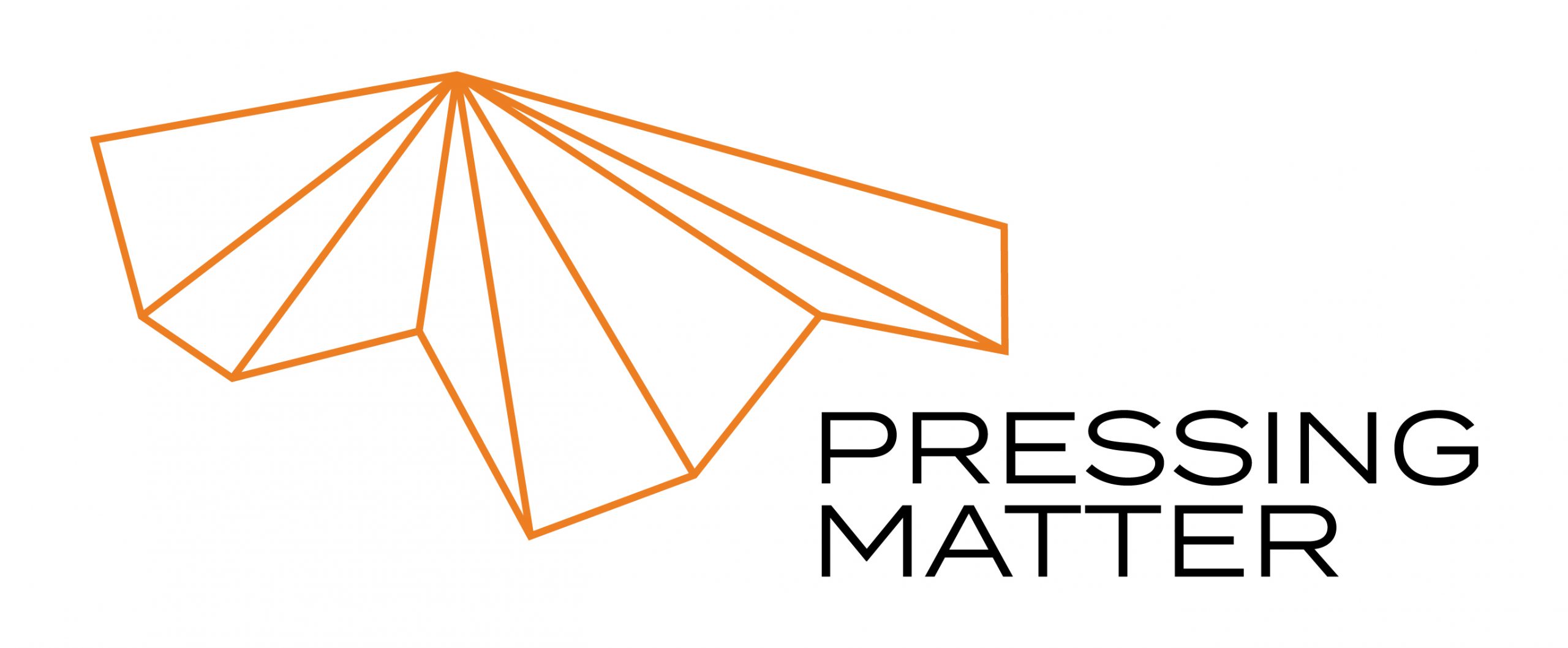Extended Summary Pressing Matter programme
Growing contestation over what to do with colonial heritage held in museums reveals polarised positions, ranging from scholars, activists and community members championing the return of objects to correct historical wrongs, to those who contend that objects should be retained by museums in light of their (universal) cultural and scientific value (Jenkins 2016; van Beurden 2017). In the middle are advocates of more relational heritage practices, comprising dialogue and sharing in how objects are distributed (Thomas 2019; Merryman 2006). These debates are not limited to museums, but are part of broader geopolitical negotiations as evidenced by French President Emmanuel Macron’s statement in 2017 about the need to return Africa’s cultural heritage from Western museums (Sarr and Savoy 2018). Underlying this contention are often conflicting definitions of value and ownership. While valuation and property regime theories can help to shed light on what is at stake in such heritage object-oriented conflicts, they tend to be insufficiently aware of the complex colonial and postcolonial relations that have shaped, and continue to shape, our world and heritage discourses and practices, notions of ownership and value, and the distribution of such heritage.
Connecting fundamental theories of valuation and property to postcolonial debates on heritage, this project aims to develop and test, first, new theoretical models of value and ownership and, second, new forms of return that extend current approaches to heritage restitution, while developing a theory of object potentialities grounded in the entangled, multipolar histories in which colonial objects were collected, kept and made meaningful. Organised around 8 work packages (and structured into 4 groups of 2 to ensure different modes of engaging each theme) , the project addresses the following questions:
- What potential do objects (cultural and biological, including human remains and academic medical collections) collected during the colonial period contain to help us better understand the colonial past and address its ongoing legacies in the postcolonial Netherlands and Europe? (Q1)
- What conceptions of ownership do different stakeholders – museums, curators, scientists, members of originating communities – invoke in their claims to colonial objects? (Q2)
- Through what regimes of value do these different groups of stakeholders interpret and make claims on colonial objects? Under what circumstances can these regimes and conceptions become compatible? (Q3)
- What museological practices may help to reconcile the interests of different stakeholders in order to create more equitable and inclusive societies and to support more sustainable and equitable (re)distribution of heritage? (Q4)
Project Work Packages
| Work Package | PI’s | |
| WP1a | Potentialities: Living with the Past | Wayne Modest and Susan Legêne |
| WP1b | Potentialities: Digital Traces: Computational Approaches to Provenance and Value for Colonial Objects | Victor de Boer and Susan Legêne |
| WP2a | Ownership: Ownership at its Limits: Military Collections and the Question of Provenance | Henrietta Lidchi and Wayne Modest |
| WP2b | Ownership: Law and the Question of Ownership | Wouter Veraart and Wayne Modest |
| WP3a | Value: Valuing Nature, Valuing Science | Amade M’Charek and Laurens de Rooy |
| WP3b | Value: Heritage and the Question of Conversion | Birgit Meyer and Peter Pels |
| WP4a | Reconciliation: Legacies of Cultural Genocide | Martijn Eickhoff and Nanci Adler |
| WP4b | Reconciliation: New Relationships | Katja Kwastek and Chiara de Cesari |
PRESSING MATTER COMMITTEES
Research Ethics and Scientific Integrity Committee
Pressing Matter is committed to the highest quality research ethics and scientific integrity. This is even more important considering the sensitive nature objects to be studied, as well as the topic as a whole. As part of a monitoring process, and to offer support to the research team, a standing Research Ethics and Scientific integrity (RESI) has been established, and it is chaired by Professor Susan Legêne (VU Amsterdam). The RESI Committee can be contacted via this email address: resicom.pressingmatter@vu.nl
Research Oversight Committee
The research oversight committee will keep track of the quality, structure, and output/deliverables of the research. It is chaired by PI Prof Birgit Meyer (Utrecht University).
